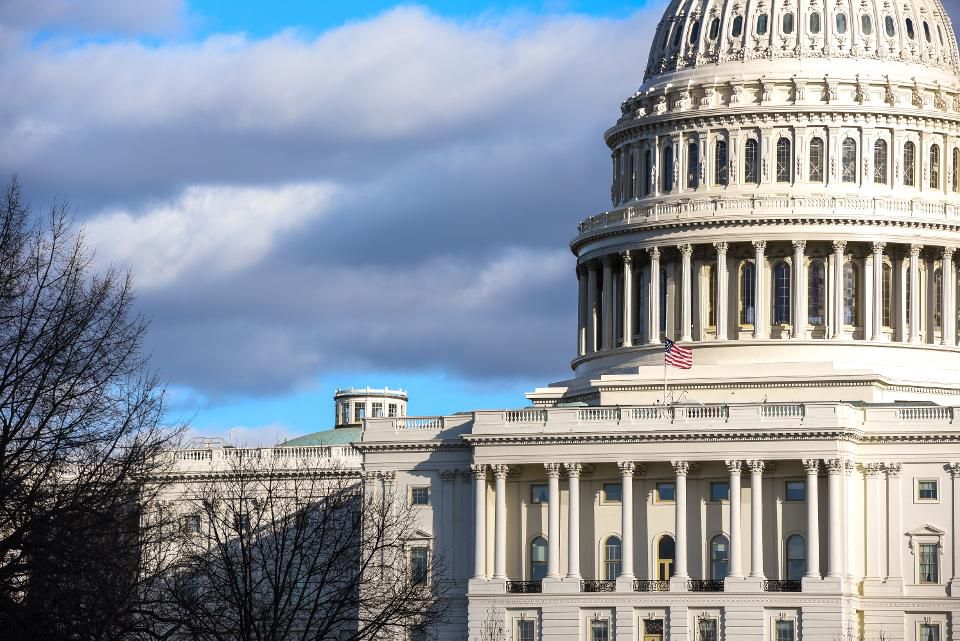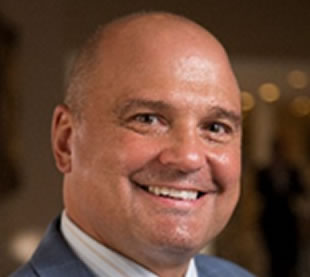
Hard Financial Lessons Learned From The Government Shutdown
 The Federal Government shutdown is approaching its fourth week. According to the Washington Post, over 800,000 American workers have missed their first paycheck. As the shutdown continues there are many unfortunate stories about the personal hardship thousands of Americans are facing. An unexpected loss of income is an upsetting personal and financial setback.
The Federal Government shutdown is approaching its fourth week. According to the Washington Post, over 800,000 American workers have missed their first paycheck. As the shutdown continues there are many unfortunate stories about the personal hardship thousands of Americans are facing. An unexpected loss of income is an upsetting personal and financial setback.
As a financial planner, I look at a situation like this and want to take it one step further. I wonder why so many working Americans have no savings and how can we help them. More importantly, I ask how they can better position themselves for their next setback? Many of these newly unemployed are hard-working people who were gainfully employed, and yet the loss of one paycheck is prohibiting them from paying their bills. Of course, some of these situations may involve the financial challenge of having to pay for a one-time event such as a medical emergency, but in other cases the reality is that people just aren’t saving enough.
Politicians are quick to claim they care about these workers however, I am unaware of any national effort to increase our country’s anemic savings rate. According to Bankrate, about 65 percent of Americans have little to no accumulated savings, and according to CNBC, only 37 percent of retirees have more than $100,000 saved for retirement. Additionally, 60 percent do not even know how much they need to save for retirement.
A smart strategy would be for our legislators to begin a national awareness program similar to the successful smoking cessation program or the child obesity awareness campaign. Failing to address our nation’s lack of savings will continue the disappointing trend we are experiencing.
Many corporations deal with the health and productivity issues associated with financial stress, and some have started an effort to address financial literacy. For example, PwC has an Employee Financial Wellness Program to help address financial concerns such as having adequate retirement savings.
Ultimately, what we are learning from this shutdown is that individuals are the ones responsible for reaching their own goal of financial freedom. If that is one of your goals, here are a few steps to get you started:
- Establish an automatic, recurring monthly contribution to a saving account. Even if it’s a very small amount, start automatically saving each month. Bank accounts can be FDIC insured and are totally liquid should you need access to your money. However, while the funds in the account may be available, try to refrain from accessing the account as that would defeat the purpose.
- Get a “hobby job”. One question I am often asked is how do I save if I don’t have any money left over after I pay my monthly expenses? And while there is no easy answer, one idea is to get a job related to one of your hobbies or interests. Then it may not feel like work and you can save any related earnings. If you are already working a 40-hour week, working more doesn’t exactly sound like fun. But if you can combine a personal passion with earning extra income it may actually be enjoyable.
As an example, early in my career, I was also an adjunct professor in the University of Maryland system. And while it was hard work and classes ran late into the evening, it was fun to be with young people eager to learn. I also improved my own speaking skills and mastery over the subject matter which helped my career in unexpected ways.
- Use credit cards responsibly. Either choose to not use credit cards or be sure to only charge an amount that you can pay in full each month. Remember, any monthly balances are assessed a very high rate of interest.
- Attend a financial workshop or program at your local community college. Education is a critical component to achieving your unique version of financial freedom. While the initial concepts can seem confusing and overwhelming, if you stick with it, eventually you will begin to see some concepts that can help you with your financial planning. The phrase, “knowledge is power” is definitely applicable.
With the government shutdown in the news, the spotlight is on those who are unfortunately not receiving a paycheck. But their plight is not unique to them. If you are one of the millions of Americans unprepared for a financial setback, it is important to start taking control of your financial life. And while it may seem stressful to focus on the necessary steps, eventually, as you become more familiar with financial planning concepts and save a few dollars, important peace of mind may follow.



Engage us on Facebook
Follow us on Twitter
Tweets by @mymcmedia